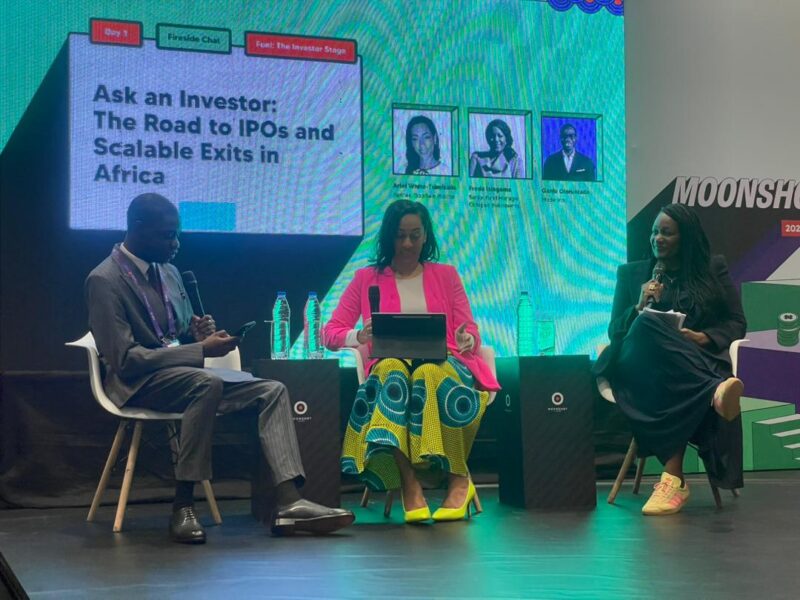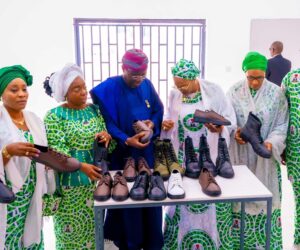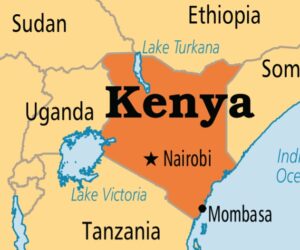Africa’s exit landscape remains sparse because founders are underprepared. In the State of Exits in Africa session at Moonshot by TechCabal 2025, speakers Freda Isingoma, Senior Fund Manager at Octopus Investments, and Ariel White-Tsimikalis, Partner, Goodwin Procter, noted that while funding rounds have grown, successful exits through acquisitions or initial public offerings (IPOs) are still rare.
The issue, they argued, is that many companies aren’t built with exit-readiness in mind. From weak governance and fragmented ownership to poor documentation, too many companies scale quickly but build little that a buyer can actually acquire.
“I see that a lot of founders optimise for now, focused on their next funding. But you have to build a business that thinks beyond that. You have to build structures and put procedures in place,” White-Tsimikalis added.
According to data from Africa: The Big Deal, the continent recorded 19 tech startup exits in 2023. The primary driver of these exits is Mergers & Acquisitions (M&A), which has become the most realistic and common path to liquidity for founders and their investors.
African founders often overlook the importance of early preparation. Tsimikalis emphasised that many startups focus only on short-term fundraising, neglecting long-term structuring. She cited common red flags, including unconnected legal entities across markets, weak IP protection, poor board composition, and lax governance, all of which lower valuations and delay exits.
Building a strong, documented, and compliant foundation, she said, helps founders control the equity story instead of defending risks. As Isingoma put it, founders must design their businesses to appeal to buyers or public markets before they want to exit.
Isingoma recommended practical market routes for smaller growth companies, drawing attention to international markets as accessible options for earlier public listings. She noted that deeper local capital pools, especially at Series B and C stages, would unlock more exit opportunities. She highlighted the UK’s Alternative Investment Market (AIM) as a model, a platform where smaller, high-growth firms can go public with lighter regulatory requirements. Isingoma suggested that African companies consider an equity line into an international exchange to gain liquidity and tap institutional capital while supporting local operations.
In the end, the panel agreed that exits don’t just happen. Founders who build with exit-readiness like clean legal connectivity, robust governance, defensible IP, and a clear equity story, will unlock liquidity and make their companies investable on local and international stages.








